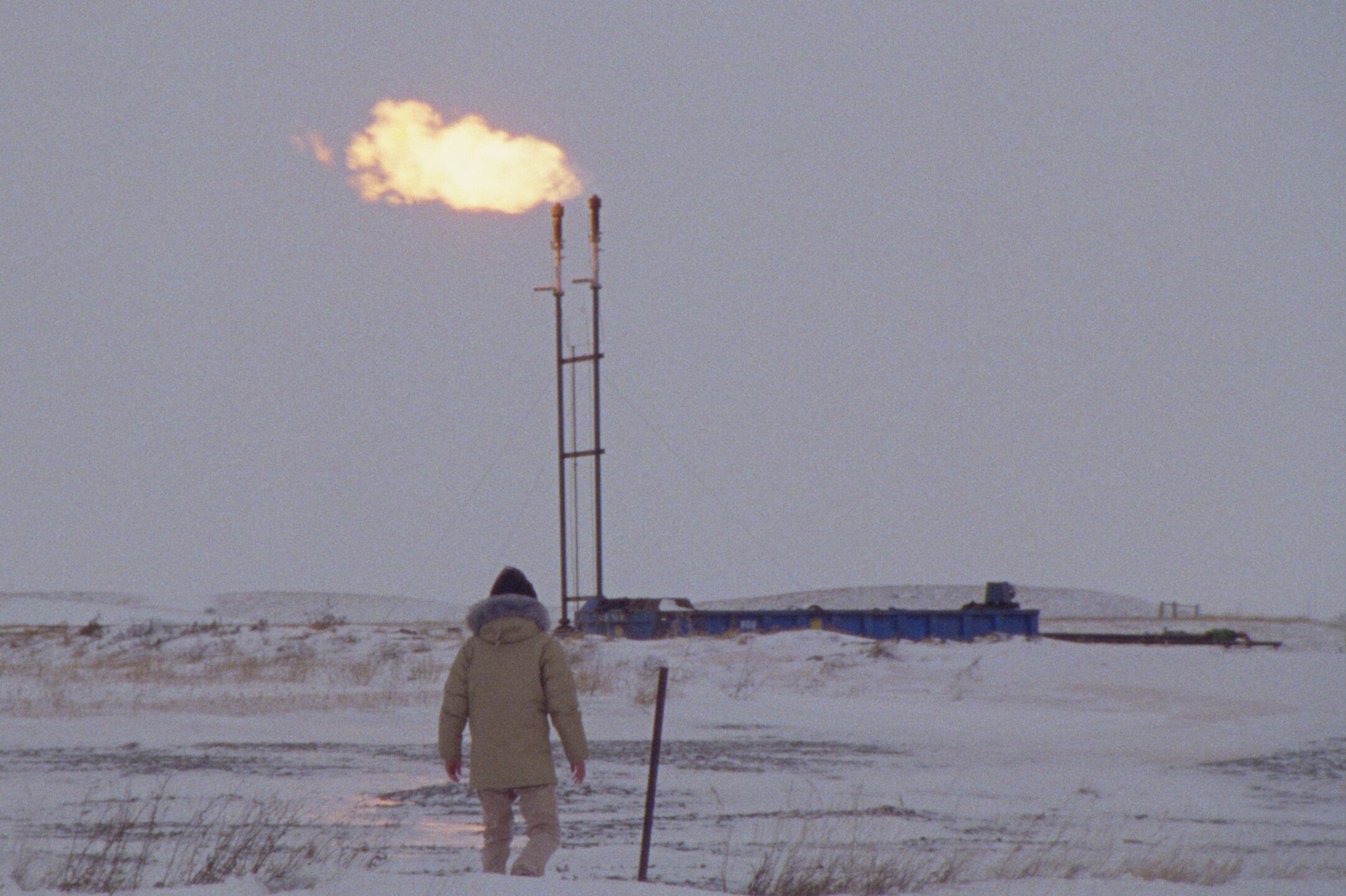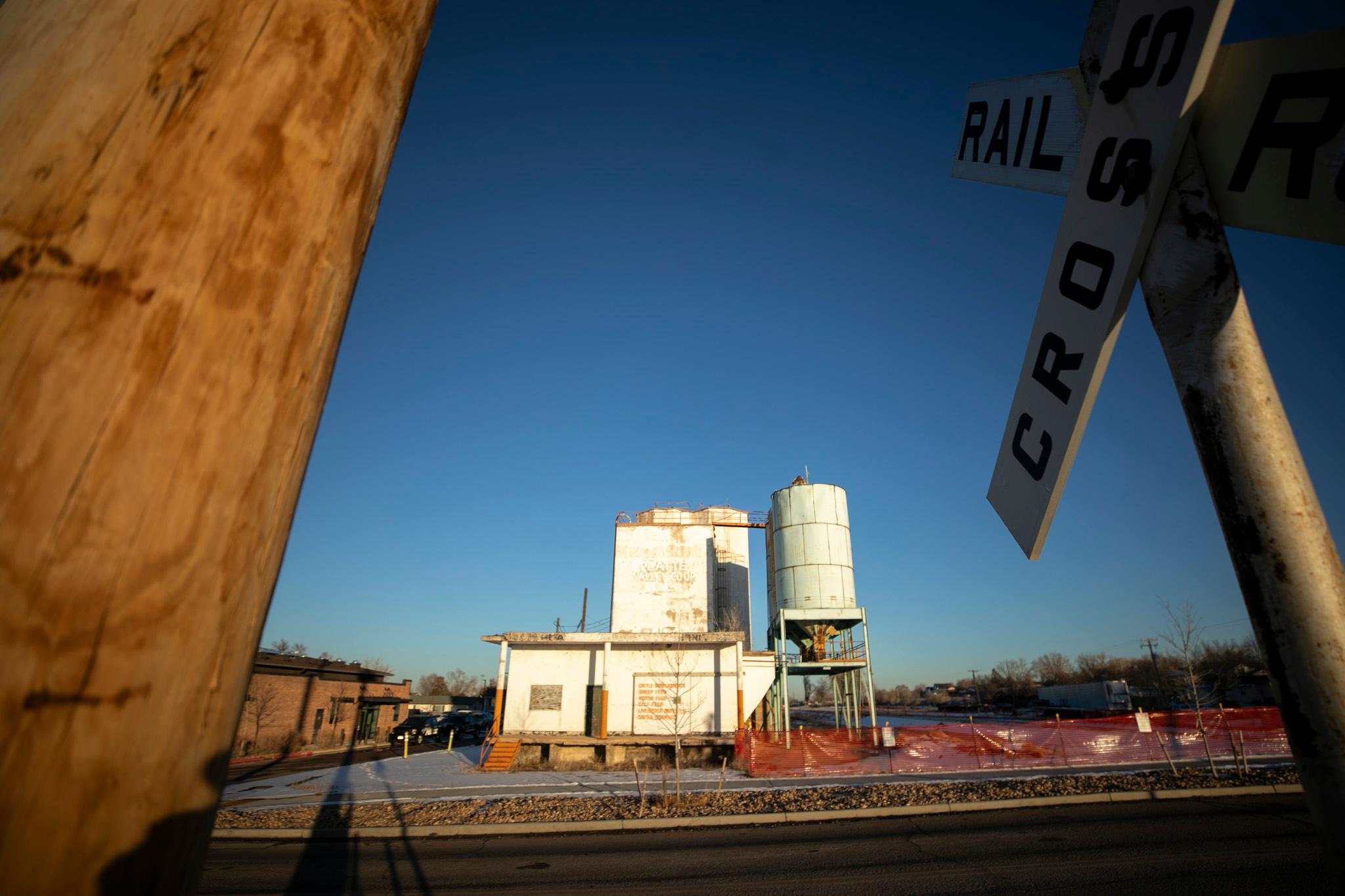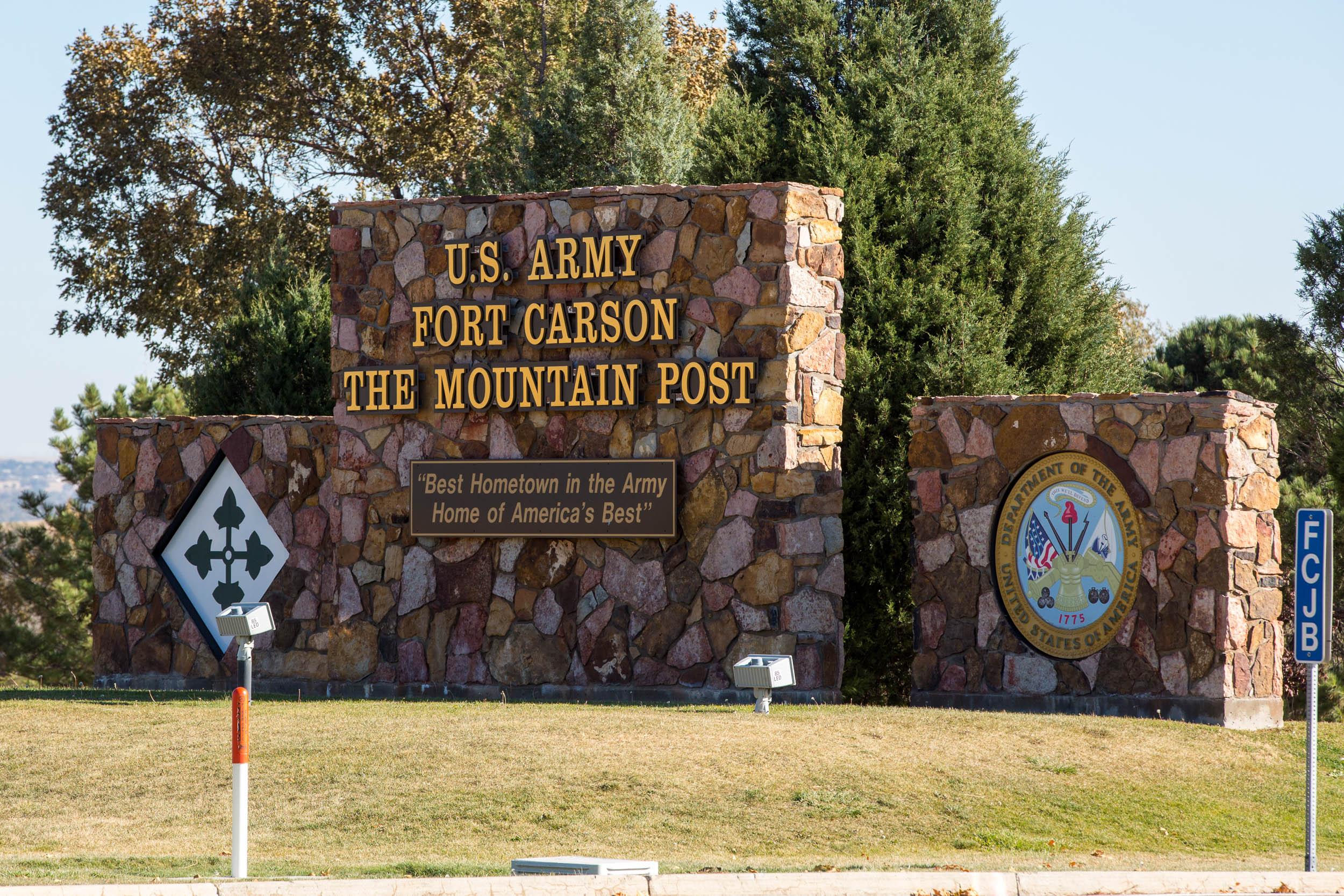
Colorado isn't the setting of "How to Blow Up A Pipeline" — a new film written, directed and produced by Boulder-native Daniel Goldhaber — but he said the film grew out of a deep sense of frustration with his hometown.
"It's a place where a lot of people's politics never really matched their actions. A place where I think that the dominant belief is that buying and driving a Tesla solves climate change, which it doesn't," Goldhaber said.
His thriller, set for a wide theatrical release on April 13, follows a team of young activists driven to West Texas by a similar sense of disillusionment. Some join the ragtag group after witnessing the violence wrought by climate change, either on the land or on their own bodies. Others grow frustrated with more mild tactics like fossil fuel divestment.
Their goal, as the title suggests, is an attack on the main arteries of the current carbon-based economy. As rhythmic music pulses in the background, each character helps carry out a heist meant to clarify the battle lines of the climate crisis.
Discussions of international treaties and temperature targets are absent. The film ditches the PowerPoint wonkery of Al Gore's “An Inconvenient Truth” in a cloud of dust kicked up by an improvised explosive device.
Goldhaber says Colorado's ‘hypocritical’ concern about climate change is part of what inspired the film.
Until recently, both of Goldhaber's parents were climate scientists at the National Center for Atmospheric Research in Boulder. Their work forced him to pay attention to climate change at an early age, but he found the widespread awareness of the issue only went so far within his community.
While Boulder residents loved to discuss and publicize the problem, he came to believe the culture didn't care to challenge the corporate structure driving the rise in global temperatures. Most people, he said, were simply too invested in the same system.
"A desire to tell this story came out of my experiences growing up in Boulder," he said. "It's a community that I hope is open to challenging some of its toxic cultural ideas about how change happens."
As a younger filmmaker, Goldhaber assisted with a climate change documentary, which he said fit in an era when most people thought education could aid efforts to confront the crisis. What was lacking, he said, was a clear plan to shift from raising awareness to "breaking the stranglehold the fossil fuel industry holds over our world."
The question is the central point of discussion in the book behind the film. In "How to Blow Up A Pipeline," Swedish author Andreas Malm asks whether nonviolent resistance is, in fact, the most effective tactic to avoid a further environmental breakdown. It points out that other human rights advocates—from suffragettes to civil rights leaders— ultimately resorted to sabotage to advance their political goals.
Those movements, Malm argues, refused to value property above their cause. He calls on a new generation of climate activists to learn from their example and actively dismantle the fossil fuel industry before it makes the planet any less habitable.
Unlike the book, Goldhaber is careful to say his film isn't asking anyone to bomb a pipeline. He does think people should talk about it.
After co-writer Jordan Sjol showed Goldhaber Malm’s book, they worked with a broad group of collaborators to turn it into a film. In the process, the team decided not to make a non-fiction film with an explicit demand for people to attack fossil fuel infrastructure.
Instead, the filmmakers decided to dramatize the ideas that might appeal to a wider audience. By showing characters carrying out the arguments in the book, Goldhaber said it offers an opportunity for people to discuss whether current circumstances justify more aggressive—albeit illegal—forms of resistance.
"The fossil fuel industry and the practice of consumptive capitalism writ large has a gun to the head of the world. And I think that the movie is saying: maybe we have a right to take that gun away from them and dismantle it," Goldhaber said.
That doesn't mean audience members are ready to talk about those ideas in public. After an early showing in Boulder, multiple college students declined to share anything about their experience for this story, saying they didn't want their names at all associated with the movie.
Similar concerns have dominated early reactions to the film. Goldhaber said the most common post he's seen online are jokes about whether it's even safe to Google the movie's title. It's a sign, he believes, that a culture of suppression has limited the imagination of climate activists.
With this film, he hopes to blow those limitations to pieces.
The critical need for fact-centered reporting and thoughtful conversation has never been greater. If you can support us, we need you. Every gift of any amount sustains the in-depth reporting you depend on. We can't do it with you. Thank you.









